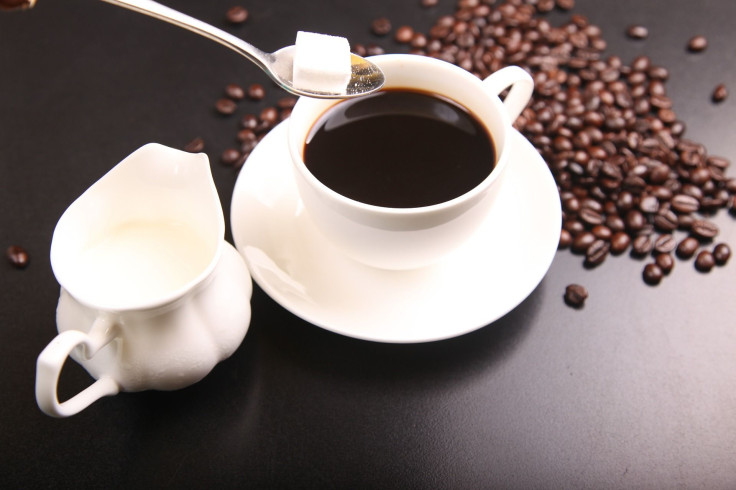The Popular Myth That Caffeine Causes Dehydration Is Not True

It’s widely accepted that caffeine is naturally dehydrating. However, MedicalXpress debunks this popular myth in a recent article. Diuretics are essentially anything that increase the volume of urine, which can also include water. As the website explains, drinking hydrates the body and increases urine production. Depending on how much liquid you lose after drinking, one beverage might be considered a better form of hydration than others.
Read: Bulletproof Coffee Diet Plan For Weight Loss: Does Butter In Coffee Really Burn Fat?
So where does coffee rank? Is it actually a dehydrator? According to Katherine Zeratsky, registered dietician, on the Mayo Clinic website, the answer is no.
“While caffeinated drinks may have a mild diuretic effect — meaning that they may cause the need to urinate — they don't appear to increase the risk of dehydration,” she writes.
MedicalXpress explains that this rumor has persisted despite evidence to the contrary that has existed for many years. In a very small 1928 study of only three people, the researchers found that after no caffeine consumption for two months, a tiny dose which was about half a cup of coffee (half a milligram per kilogram of body mass) caused a noticeable increase in urine loss.
However, when the trio drank caffeine regularly, for about four days, they built up a tolerance and the amount of caffeine required to produce the diuretic effect increased to about one cup of coffee.
Another study with 59 participants conducted in 2005 also found that caffeine was not a major dehydrator. In 2016, a study published in the American Society for Nutrition determined that fluid retention from drinking coffee, tea and soda were similar to water or sports drinks.
Read: 'Addicted' To Coffee? Why Skipping Your Morning Cup Induces A Caffeine Withdrawal Headache
Of course, proper hydration is an important part in overall health. Symptoms of dehydration include dizziness, confusion, fatigue and dry mouth.
See Also:
Drinking Alcohol In Moderation May Lower Your Risk Of Certain Heart Conditions, According To Study



























